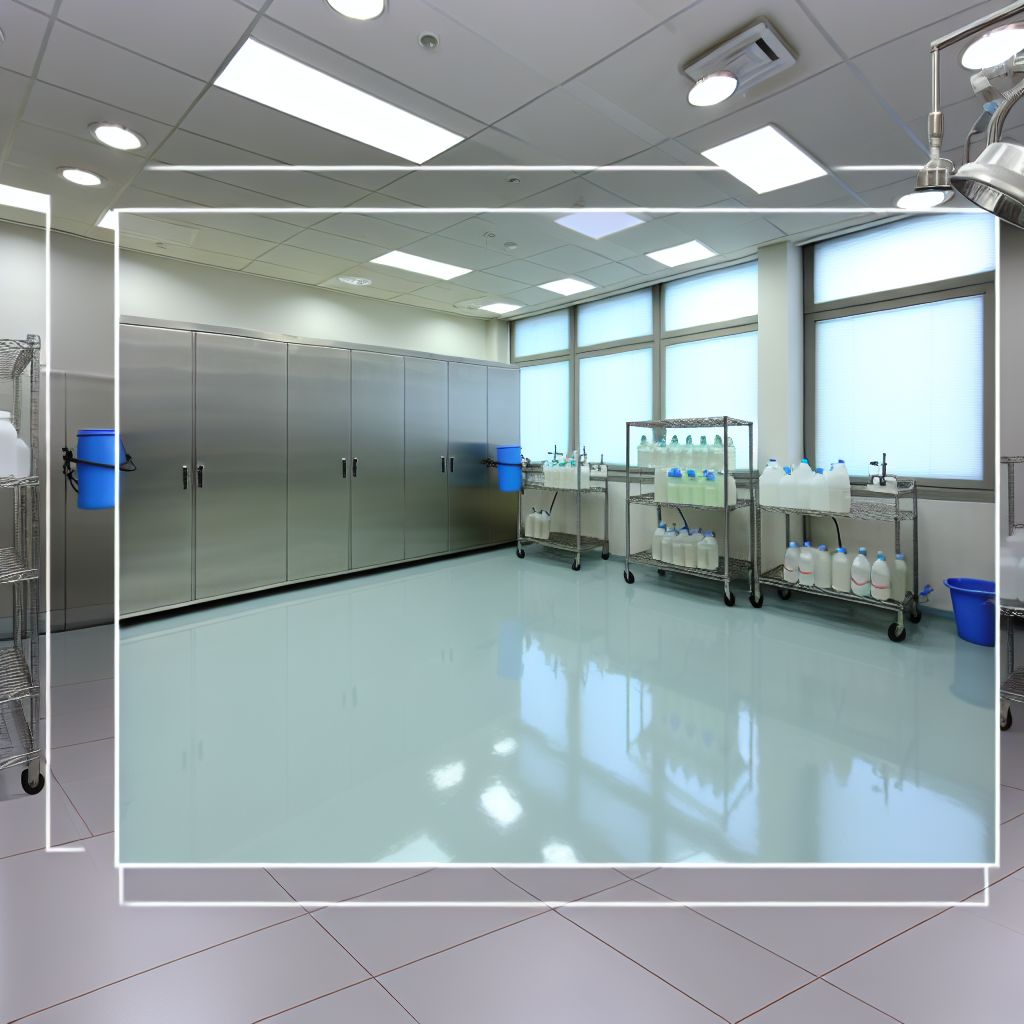Deutsch: Sauberkeit / Español: Limpieza / Português: Limpeza / Français: Propreté / Italiano: Pulizia
Cleanliness in the context of quality management refers to the state or condition of being free from contamination, dirt, or any other foreign materials that could compromise the quality, safety, and functionality of products, services, or production environments. It is a fundamental aspect of maintaining high-quality standards and is crucial for ensuring the reliability and safety of the end product, particularly in industries where sterility and purity are essential.
Description

In quality management, cleanliness encompasses the procedures, standards, and practices implemented to prevent contamination and ensure that products, components, environments, and equipment are maintained in a clean state. This includes regular cleaning, disinfection, and maintenance routines, as well as the establishment of cleanroom environments and the enforcement of hygiene protocols where necessary. The goal is to minimize the risk of quality degradation due to contamination, ensuring that products meet both regulatory requirements and customer expectations.
Application Areas
Cleanliness is a critical consideration in various sectors, including:
- Pharmaceuticals and Healthcare: Ensuring products and environments are free from microbial and particulate contamination to safeguard patient health.
- Food and Beverage: Maintaining hygienic production processes to prevent foodborne illnesses and comply with food safety standards.
- Semiconductors and Electronics: Keeping manufacturing environments free from dust and other contaminants that can cause defects in delicate electronic components.
- Aerospace and Automotive: Implementing cleanliness standards in the production of components to ensure the reliability and safety of vehicles and aircraft.
Well-Known Examples
An example of the importance of cleanliness in quality management is seen in the pharmaceutical industry, where cleanroom environments are maintained to ensure that drug manufacturing processes are free from microbial and particulate contamination. These controlled environments are critical for meeting stringent regulatory standards and ensuring the safety and efficacy of pharmaceutical products.
Treatment and Risks
Neglecting cleanliness can lead to product contamination, resulting in safety risks, product recalls, regulatory non-compliance, and damage to the organization's reputation. To mitigate these risks, quality management systems must incorporate comprehensive cleanliness and hygiene protocols, regular training for personnel on cleanliness practices, and continuous monitoring and auditing of cleanliness standards.
Similar Terms or Synonyms
In the context of quality management, related terms to cleanliness include hygiene, sanitation, and sterility.
Weblinks
- industrie-lexikon.de: 'Sauberkeit' in the industrie-lexikon.de (German)
- umweltdatenbank.de: 'Sauberkeit' im Lexikon der umweltdatenbank.de (German)
- psychology-lexicon.com: 'Cleanliness' in the psychology-lexicon.com
Summary
In quality management, cleanliness is essential for preventing contamination and ensuring the quality and safety of products and services. By adhering to strict cleanliness protocols and standards, organizations can minimize risks, meet regulatory requirements, and fulfill customer expectations. The commitment to maintaining cleanliness is a hallmark of an organization's dedication to quality management and continuous improvement.
--

